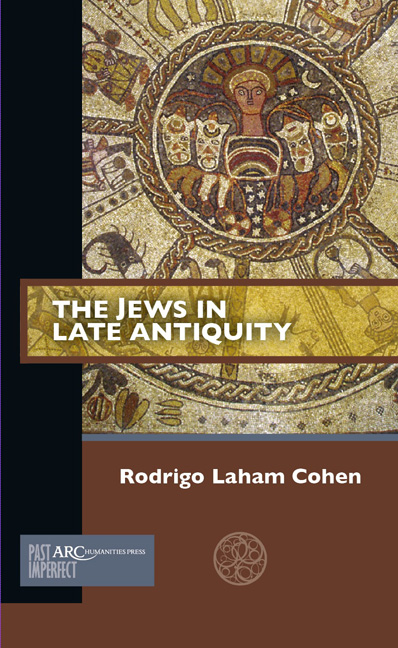Chapter 6 - Egypt
Published online by Cambridge University Press: 28 January 2021
Summary
It is known that Alexandria was probably the most important Jewish diasporic settlement in antiquity. In fact both Jewish and nonJewish sources referred to a huge Jewish population in the coastal city. However, it was not only Alexandria that was important; Jews were spread all over Egypt. Several texts written by Jews living in Egypt survived. The most widely known author is, obviously, Philo (HadasLebel 2012), but there are also anonymous sources such as the Epistle of Aristeas (Nickelsburg 2005). The Epistle narrated the mythical translation of the Old Testament into Greek, associating the Septuagint to Alexandria. But these writings were produced before the second century CE. Unfortunately, in late antiquity there are fewer Jewish (and nonJewish) sources that spoke about Jews. Why could that be?
Life for Jews in Egypt had three turning points: the Alexandrian pogrom of 38 CE; the annihilation of 115– 117 CE, and the expulsion from Alexandria in 415 CE. Even though these events affected Alexandrian Jews more than other Jews living in Egypt, the centrality of that community was of such importance that there was a knockon effect for other Jews in the region.
The relationship between Jews and nonJews in Alexandria was tense. Certainly, there was contact between groups, but sources highlighted aggression from both sides. According to Philo, Alexandrian Jews were massively attacked by pagans in 38 CE: several Jews were killed, synagogues destroyed, and houses burned. The level of violence was, as Erich Gruen (2002, 67) remarks, new. After the pogrom, Jews were allowed to live only in one of the five Alexandrian quarters, probably forming—according to Stroumsa (2012, 258)—the first ghetto. But the worst was yet to come. D uring the Trajan campaign against the Parthians that began in 114 CE, eastern Jewish communities rebelled against the Romans. Egyptian Jews, who had not rebelled in the Jewish War (66– 70 CE), joined the movement against Rome. The result of that decision was a retaliation that destroyed the majority of the Jewish communities of Egypt between 115 and 117 CE.
That annihalation can be seen in the epigraphic evidence. Despite the fact that inscriptions found in Egypt were scarce in relation with the estimated Jewish population between antiquity and late antiquity, only thirteen out of 135 were written after the second century (Horbury and Noy 1993).
- Type
- Chapter
- Information
- The Jews in Late Antiquity , pp. 52 - 59Publisher: Amsterdam University PressPrint publication year: 2018



